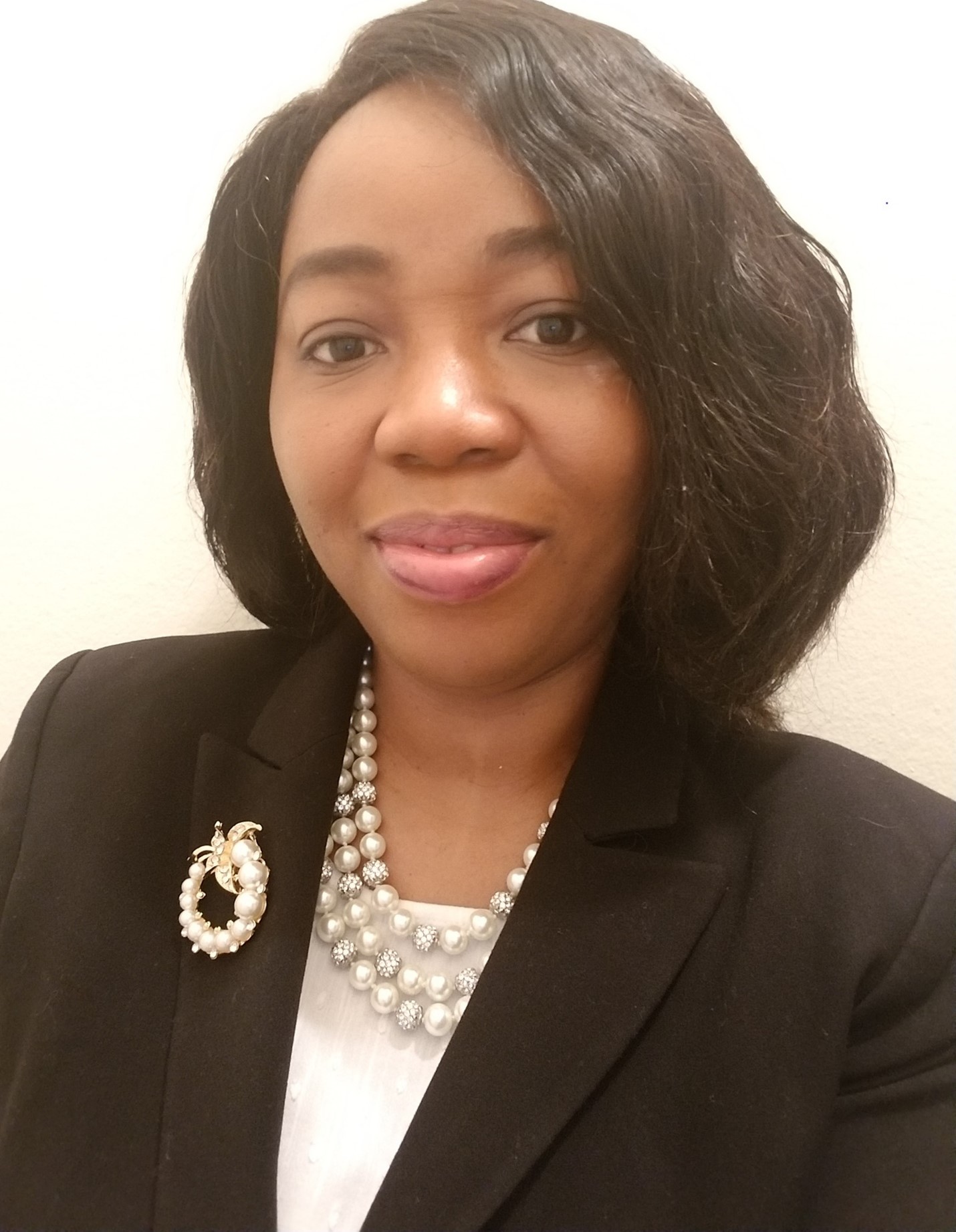
Dr. Ann Nancy E. Mills-Thompson is a faculty member at the City University of New York, College of Staten Island, teaching courses ranging from humans to animals and mentoring students in their career progression. Dr. Mills-Thompson has diverse teaching proficiencies in anatomical sciences gained over a decade across the globe in varied undergraduate and graduate /professional programs. She is an astute Anatomist, Histologist, Stereologist, and Morphologist interested in understanding the relationship between the structure and function of normal and pathologic tissues in humans and animals. As an anatomy educator, her aim is to integrate modern technology into teaching that will enhance anatomy/anatomical science education and invigorate passion in its’ study, ultimately raising more anatomists and researchers. Dr. Mills-Thompson’s research spans a broad perspective in functional and morphometric studies focusing on understanding the structural, cellular, and molecular mechanisms in the pathogenesis of diseases, including diabetes and its complication on reproductive function, gastrointestinal and inflammatory diseases; the use of quantitative techniques to estimate structural/tissue loss that impairs normal function; finding effective biomarkers for the early detection of these diseases and secondly find effective modalities for treatment; and to explore therapeutic properties of plant-based extract in the control of hyperglycemia. There is growing evidence that dietary supplementation with antioxidant-rich food may have anti-hyperglycemic effect in diabetes.
Additionally, following her post-graduate educational training in high-impact cancer research and a faculty involved in biology/medical training, Dr. Mills-Thompson has developed a great appreciation for cancer research. Her long-term goal is to delve further into craniofacial anomalies and oral cancer science and research to bridge the gap between basic scientists and clinicians.
Following a research award (TRECCAfrica) received from the European Union foundation, Dr. Mills-Thompson completed her doctoral research work by developing a design-based stereological protocol to investigate the structural, steoreologic, and morphometric changes in the gut and mucosal tissues and the pathophysiological effects in sheep with traumatized impacted stomach due to plastics. Chronic inflammation due to impacted stomach with indigestible plastic bags led to significantly elevated stress hormones, reduced metabolism, and loss of body mass. Dr. Mills-Thompson developed a protocol for estimating the entire functional surface area and the absolute tissue volume in the gastrointestinal tract of both normal and pathologic tissue, which could be translated into future human studies. She quantified tissue on the mucosal layer due to chronic inflammation affecting gut metabolism, which had an overall effect on the animal’s metabolic function, contributing to the increased loss of health. The findings of this study presented to the University of Nairobi in 2016 contributed to the ban on the use of plastic bags in Kenya in August 2017. The methodological paper published by International Journal of Veterinary Science and Medicine (2020). Prior to her PhD study, she investigated the morphological and cellular changes in the pancreatic islets, the effect of hyperglycemia on testicular tissues and spermatogenic cells in streptozotocin-induced type 2 diabetic rats as well as investigated the therapeutic properties in natural cocoa powder (moderately processed and unsweetened) in minimizing the debilitating complications of diabetes. In a country which is the 2nd largest producer of cocoa in the world, drinking natural cocoa daily could ameliorate the health of diabetic patients as well as reduce the cost of diabetic care. Short term, findings of the study showed high antioxidant capacity in natural cocoa which controlled blood glucose within normal levels. From the study it was demonstrated that the possible therapeutic properties of daily intake of natural cocoa drinks to control hyperglycemia, reduce oxidative stress, minimize abnormal changes in the normal cellular structure of pancreatic islets and spermatogenic cells in diabetes.
As a recipient of the Dubai Harvard Foundation for Medical Research (DHFMR) Scholarship (Harvard Medical School High-Impact Cancer Research), Dr. Mills-Thompson collaborated with other colleagues around the globe reviewed the Hallmarks of Cancer over the past decade subsequent to Hanahan and Weinberg 2011 hallmarks and “emerging new hallmarks” of tumorigenesis. She has gained skills in using high-throughput cancer genomic technology platforms to explore the biology and evolution of tumors and their microenvironment. Her long-term goal is to delve further into cancer research to bridge the gap between basic scientists and clinicians. Dr. Mills-Thompson is interested in elucidating the biological mechanisms involved with metabolic alterations and type 1 & type 2 diabetes. Diabetes is characterized by chronic hyperglycemia with disturbances in carbohydrate, fat and protein metabolism resulting from defects in insulin secretion, insulin action, or both. Her aims are to;
• investigate therapeutic methods that can restore or raise insulin secretion to overcome insulin resistance in diabetics;
• explore potential biomarkers for diabetes that can help in early detection so that patients will receive more timely intervention and improve blood glucose control.
• to explore therapeutic properties of plant-based extract in the control of hyperglycemia. There is growing evidence that dietary supplementation with antioxidant-rich food may have anti-hyperglycemic effect in diabetes.
Dr. Mills-Thompson’s present work in medical education focuses on reviewing Orofacial clefts (OFCs)- the commonest congenital craniofacial anomalies in humans with the majority of OFCs being non-syndromic categorized as cleft palate only (CPO), cleft lip only and cleft lip with or without cleft palate. These have a complex etiology arising from multiple genetic and environmental risk factors. Repair in affected individuals requires a multidisciplinary team approach, which is highly expensive. Thus, OFCs places a huge financial constraint on affected families, society, and healthcare systems, particularly in developing countries, where social and physical infrastructures are limited. Interestingly, few genes have been characterized to be associated with the risk of non-syndromic cleft palate only. Her goal is to review human genetic variants associated with cleft lip with or without cleft palate.
Overall, participating in this program as an immigrant to the United States has boosted her self-confidence and provided support in this journey.